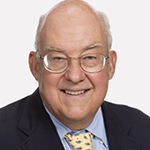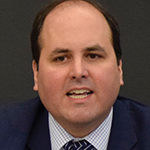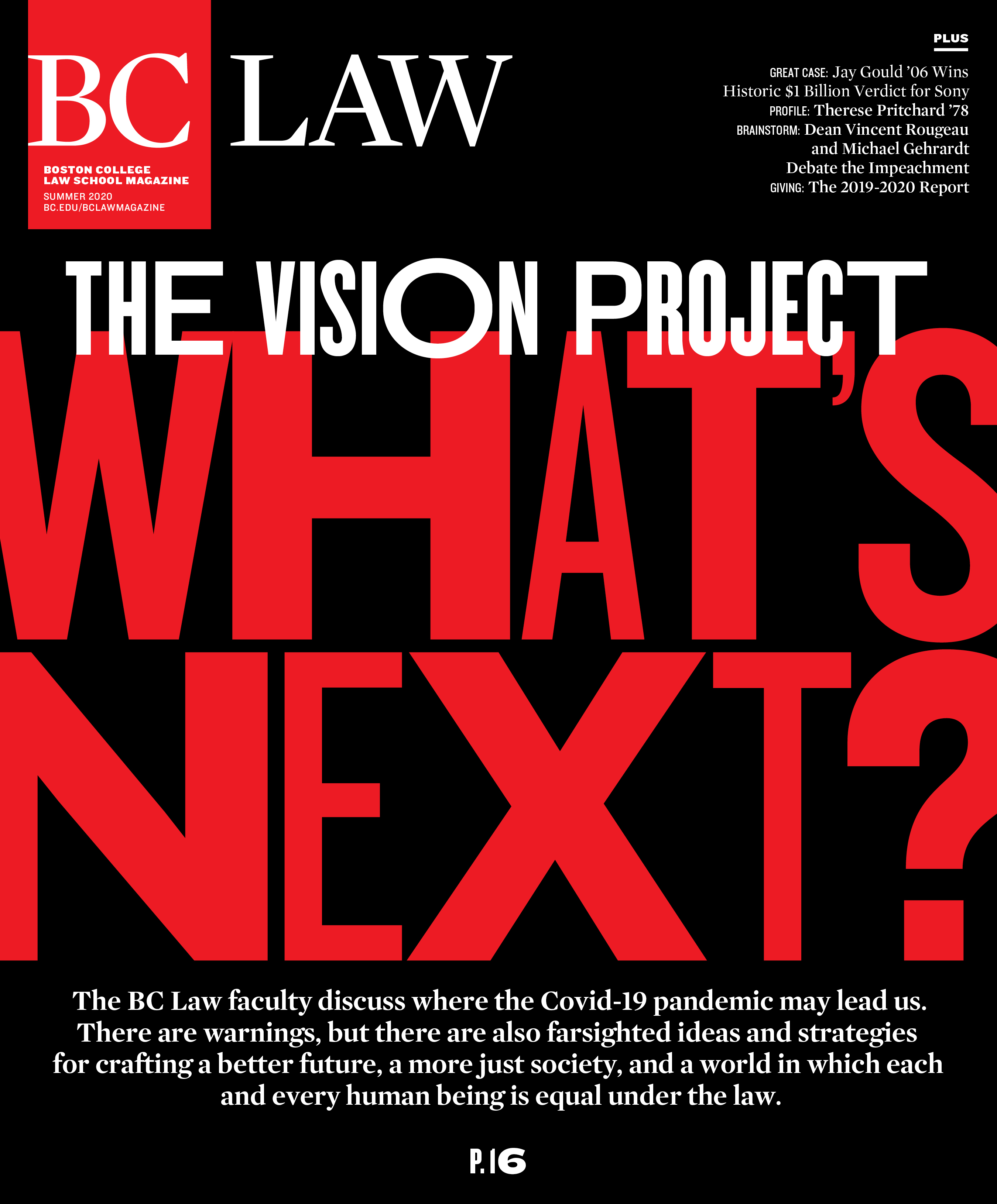
Professor George Brown: Restoring Civil Discourse Is Key. I think the racial issues we are facing now are more important and intractable than the public health ones. Translating a growing national consensus into acts and deeds will not be easy. We must not lose the moment—lest it become just a moment. However, we must not let it generate a monolithic orthodoxy that destroys good and bad.
There will always be—there should always be—debate. The most important process goal may be restoring civil discourse. President Trump bears his share of blame for its loss. Those on the other side of the cultural divide are responsible as well. The use of argument-ending, vitriolic epithets such as “racist,” “fascist,” “xenophobe,” is antithetical to civil discourse. Traditional values of free speech have a major role to play here.
Overall, I remain optimistic. It is possible that today’s crises will lead us to find our own better angels.

Professor Daniel Coquillette: Steadied by Our Touchstones. The underpinnings of our legal order are not rules or police forces, but the cultural heritage that binds us as people, a heritage that permeates our Constitution, but predates it by centuries. We have seen wars, natural disasters, and civil unrest. These cannot threaten us if we remain, in the words of Dr. Martin Luther King Jr., loyal to “those deep wells of democracy which are dug deep by the founding fathers.”
I have been working with US Judicial Conference committees to protect fundamental rights where every jury trial and sentencing is problematic. We will succeed, because of the commitment of our independent judiciary and bar to these values. To modify a well-known phrase by former Wyoming Senator Alan Simpson, “If we protect these values, nothing else matters. If we do not protect them, nothing else matters.”
Covid-19, like wars and natural disasters, endangers us all. Of course, the impact has been felt very disproportionately by the poor and socially marginalized, but there is no scientific solution to the pandemic that does not include everybody. An attitude of “I have mine, Jack” has never built strong societies, and will not get us through even the next six months. When Hurricane Irene devastated Vermont in 2011, cutting off whole towns and villages, leaving thousands with no food, drinking water, or even dry clothes, Vermonters met the challenge as one people. Outside the general stores there were erected two notice boards titled “I Need” and “I Have” with resources constantly moving from the “Have” board to the “Need” board.
Our legal system cannot survive by force alone, and every well-educated lawyer knows that we have a social contract based not on the interests of any particular group, but on the general welfare. If we learn from this pandemic to reassert the basic American values of compassion and care for all, we will emerge, like Vermont did from Irene, a stronger place.

Professor Ryan Williams: The Pros and Cons of Federalism. The pandemic provided a vivid illustration of both the value of federalism and its potential drawbacks. Had the President, for example, attempted to follow through on his proposal to force a reopening of the national economy before state officials were prepared to lift restrictions they had imposed, he would have found few plausible legal avenues to achieve his objective without obtaining the cooperation of either state officials or of Congress. Centering decision-making authority at the state level also facilitated different responses to the pandemic in different regions of the country, allowing for a diversity of policy responses that enabled states to match policies to local conditions. Such diversity also allowed the states to play their traditional role as “laboratories of democracy,” facilitating experimentation to see which measures worked well and which did not.
At the same time, failures of coordination between state and federal authorities may have exacerbated the health crisis. And the diversity of policies at the state level meant that some states likely chose the wrong policy, contributing to higher rates of infection and death than might otherwise have occurred. This pattern reveals a basic truth about federalism: It functions as a kind of “hedge,” limiting the potential upside of the most desirable national policies while simultaneously protecting against uniform imposition of the very worst policies.
To read other pieces in this issue’s The Vision Project, click here.



